In the digital age, financial transactions have become more streamlined and accessible than ever before. Payment confirmation for bank account payments online is a fundamental aspect of ensuring that transactions are processed smoothly and securely. Whether you’re a business owner, a freelancer, or simply someone managing personal finances, understanding how payment confirmations work is crucial. In this comprehensive guide, we will delve into various examples of payment confirmations, explore different platforms and technologies, and provide helpful tips to ensure a seamless payment experience.
What is Payment Confirmation?
Payment confirmation is a process that verifies the successful transfer of funds from one bank account to another. This confirmation serves multiple purposes: it assures the payer that their funds have been deducted, informs the payee that their account has been credited, and provides documentation in case of disputes or inquiries. In many instances, payment confirmations are sent via email, SMS, or displayed on a transaction receipt.
Importance of Payment Confirmation in Online Transactions
Payment confirmations play a vital role in online banking for several reasons:
- Trust and Security: Customers are more likely to engage in transactions when they receive immediate confirmation, enhancing trust in the platform.
- Record Keeping: Payment confirmations serve as digital receipts that can be stored for future reference, aiding in personal finance management.
- Dispute Resolution: In the event of transaction errors, having a confirmation can help resolve disputes effectively.
Examples of Payment Confirmation for Bank Account Payments Online
1. Email Confirmation
Email confirmation is one of the most common forms of payment confirmation. After making a payment, users often receive an email with details of the transaction.
Example Email Structure
- Subject: Payment Confirmation – [Transaction ID]
- Date: [Date of Transaction]
- Amount: $[Transaction Amount]
- Payer: [Payer Name]
- Payee: [Payee Name]
- Status: Completed
2. SMS Notifications
Many banks offer SMS notifications to confirm payments. This system offers users instant updates about their transactions.
Example SMS Text
Your payment of $[Amount] to [Payee Name] has been successfully processed. Thank you for using [Bank Name].
3. Mobile App Notifications
With the rise of mobile banking apps, users can receive push notifications directly on their devices, confirming their payments almost instantly.
Example Push Notification
Payment of $[Amount] to [Payee Name] confirmed! Check your transaction history for details.
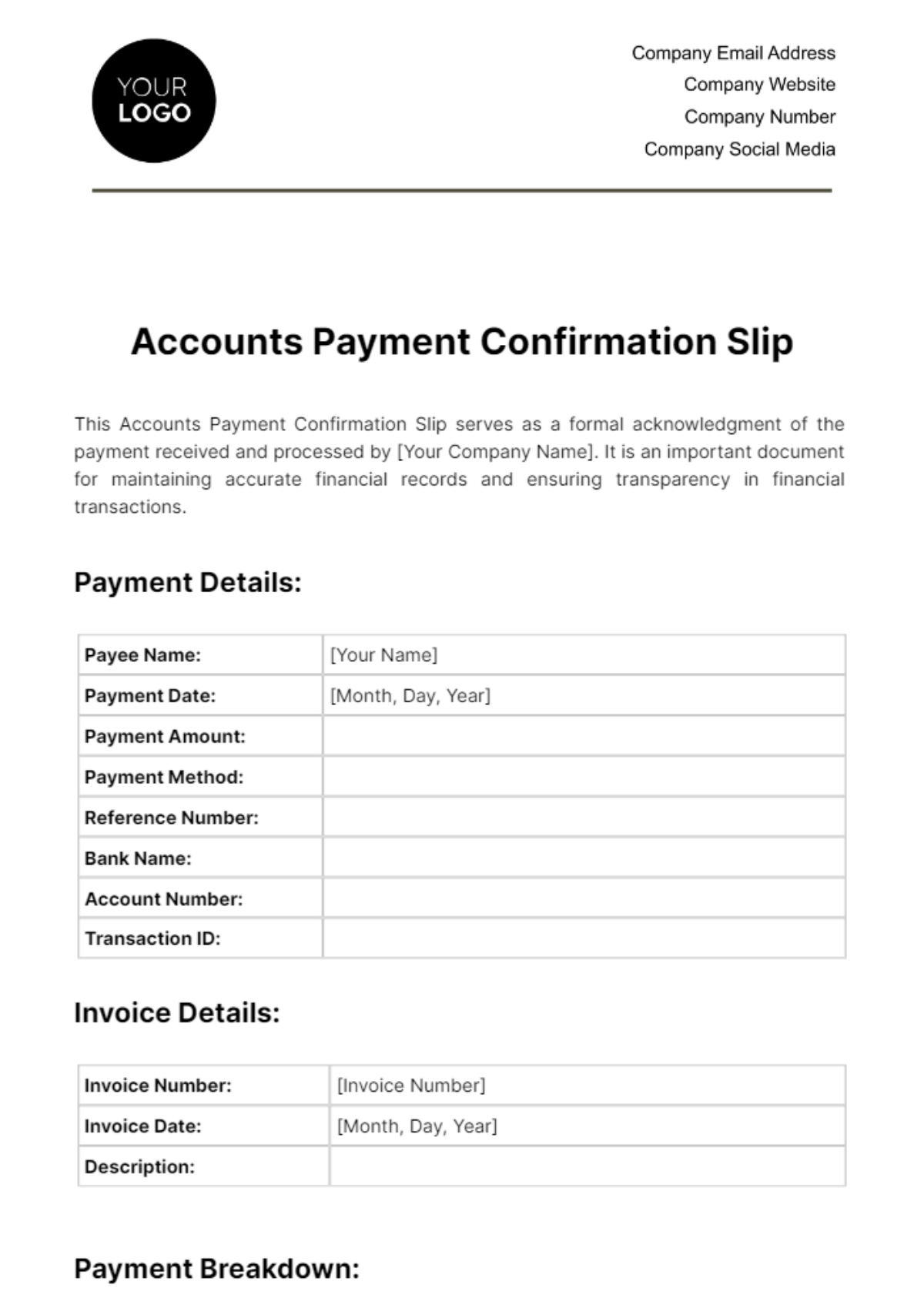
Platforms Providing Payment Confirmation Services
Various financial institutions and platforms offer payment confirmation services. Here, we’ll explore some key players in the field.
1. Traditional Banks
Most traditional banks provide comprehensive payment confirmation services through their online banking portals and mobile applications. Examples include:
- Bank of America
- Chase Bank
- Wells Fargo

2. Fintech Companies
Fintech companies have revolutionized online payments with their user-friendly interfaces and innovative technologies. They often provide instant payment confirmations, such as:
- PayPal
- Venmo
- Square
3. Payment Processors
Payment processors facilitate transactions between customers and merchants, ensuring that payment confirmations are issued promptly. Examples of payment processors include:
- Stripe
- Authorize.Net
- Adyen
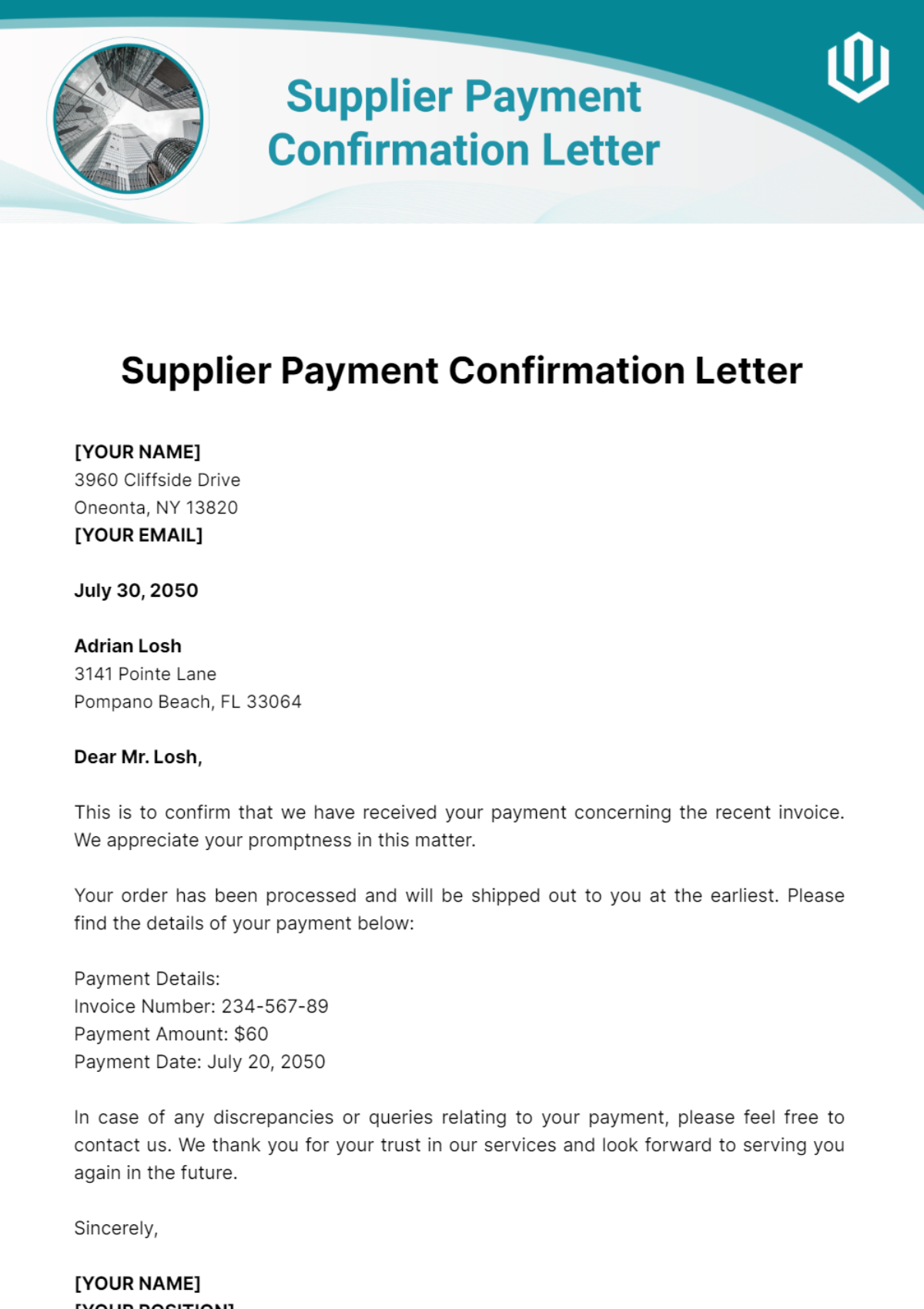
How Payment Confirmation Works: Step-by-Step
Understanding the process of payment confirmation can help mitigate concerns about online transactions. Here is a step-by-step overview:
- Initiation: The payer initiates the transaction through their bank’s online platform or app.
- Processing: The bank processes the payment, checking for sufficient funds and transaction legitimacy.
- Confirmation: Upon successful processing, the bank generates a confirmation message, which may be sent via email, SMS, or mobile app notification.
- Notification to Payee: The payee receives a notification that the funds have been credited to their account.
Advantages and Disadvantages of Different Payment Confirmation Methods
Comparison Table of Payment Confirmation Methods
| Method | Advantages | Disadvantages |
|---|---|---|
| Email Confirmation | Easy to store, accessible for future reference | Can be mistaken for spam, may not be immediate |
| SMS Notifications | Instant delivery, highly accessible | May incur charges, phone number changes can cause issues |
| Mobile App Notifications | Real-time updates, user-friendly | Requires app installation, dependent on device access |
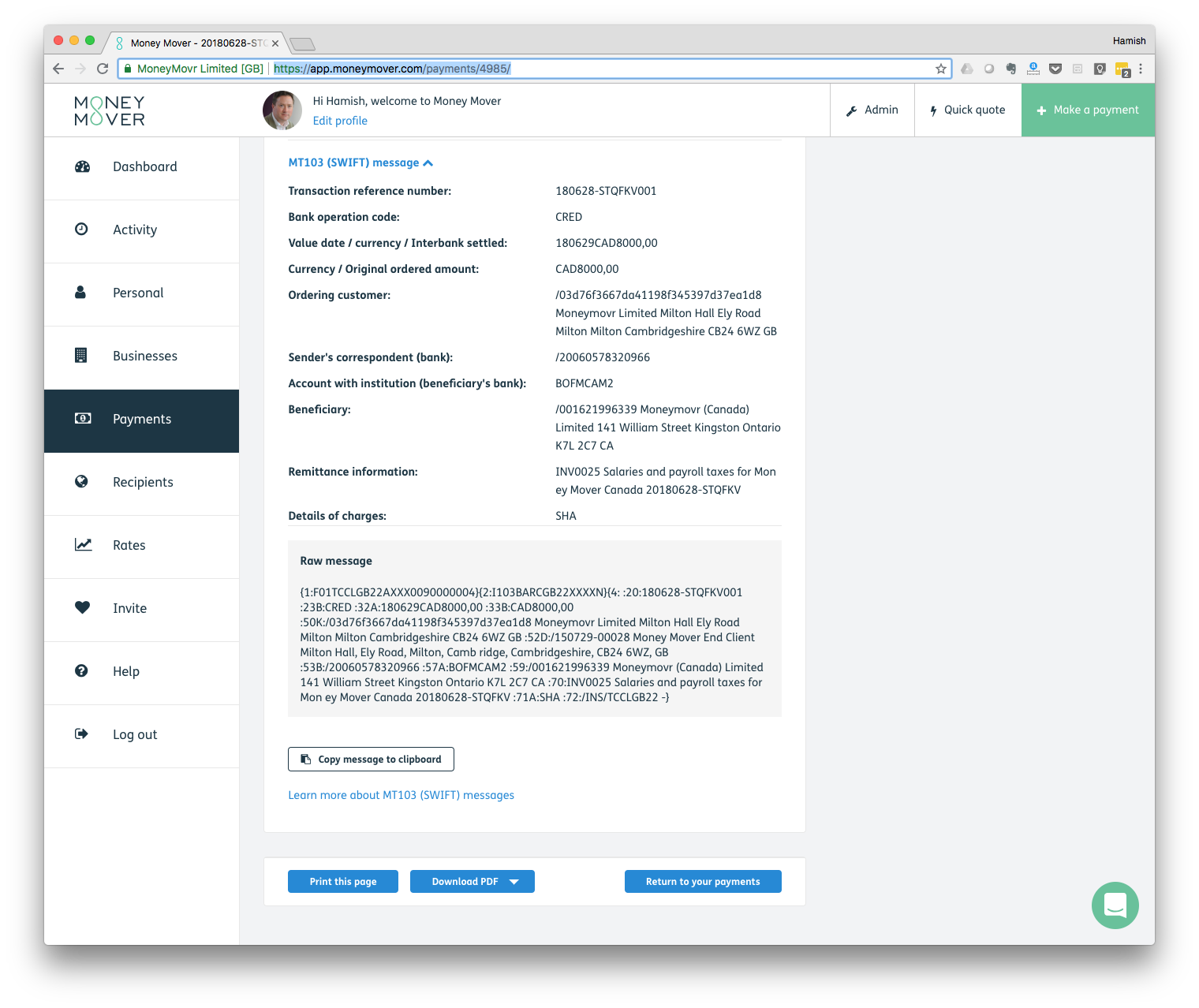
Tips for Managing Payment Confirmations
To streamline your experience with payment confirmations, consider implementing the following tips:
- Keep Records: Save all confirmation messages, whether they come via email or SMS, for your reference.
- Verify Sender Authenticity: Always check the sender’s email address or phone number to avoid phishing scams.
- Set Notifications: Enable notifications in your banking app to receive instant updates about transactions.
Common FAQs About Payment Confirmations
What should I do if I do not receive a payment confirmation?
If you do not receive a payment confirmation within a reasonable timeframe, contact your bank or payment processor immediately to verify the transaction status.
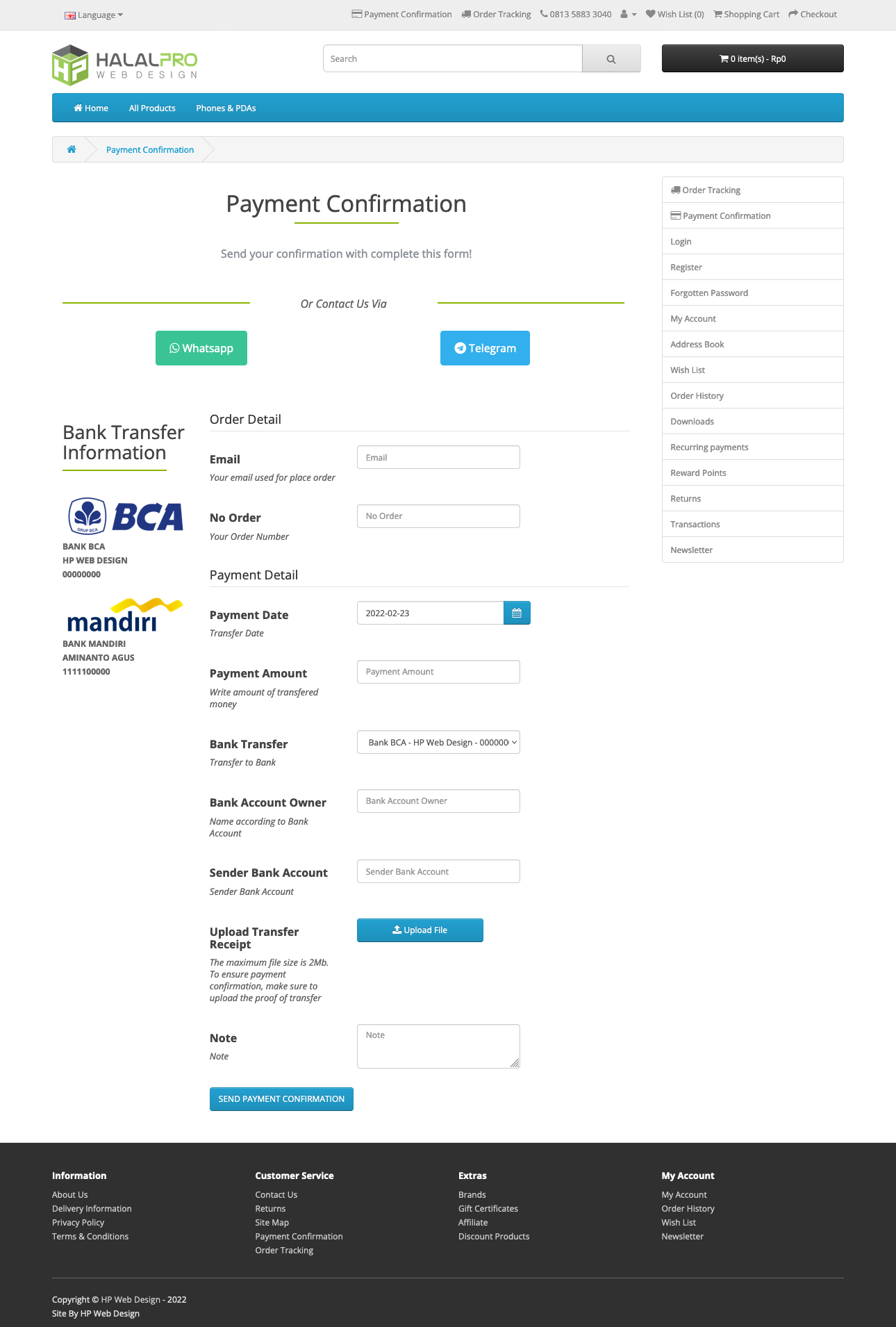
How can I dispute a payment if the confirmation shows it was successful?
Gather all necessary documentation, including confirmation emails, and contact your bank’s customer service for assistance with the dispute process.
Are payment confirmations legally binding?
While payment confirmations serve as proof of transaction, whether they are legally binding can depend on the context and local regulations. Always consult legal advice if needed.
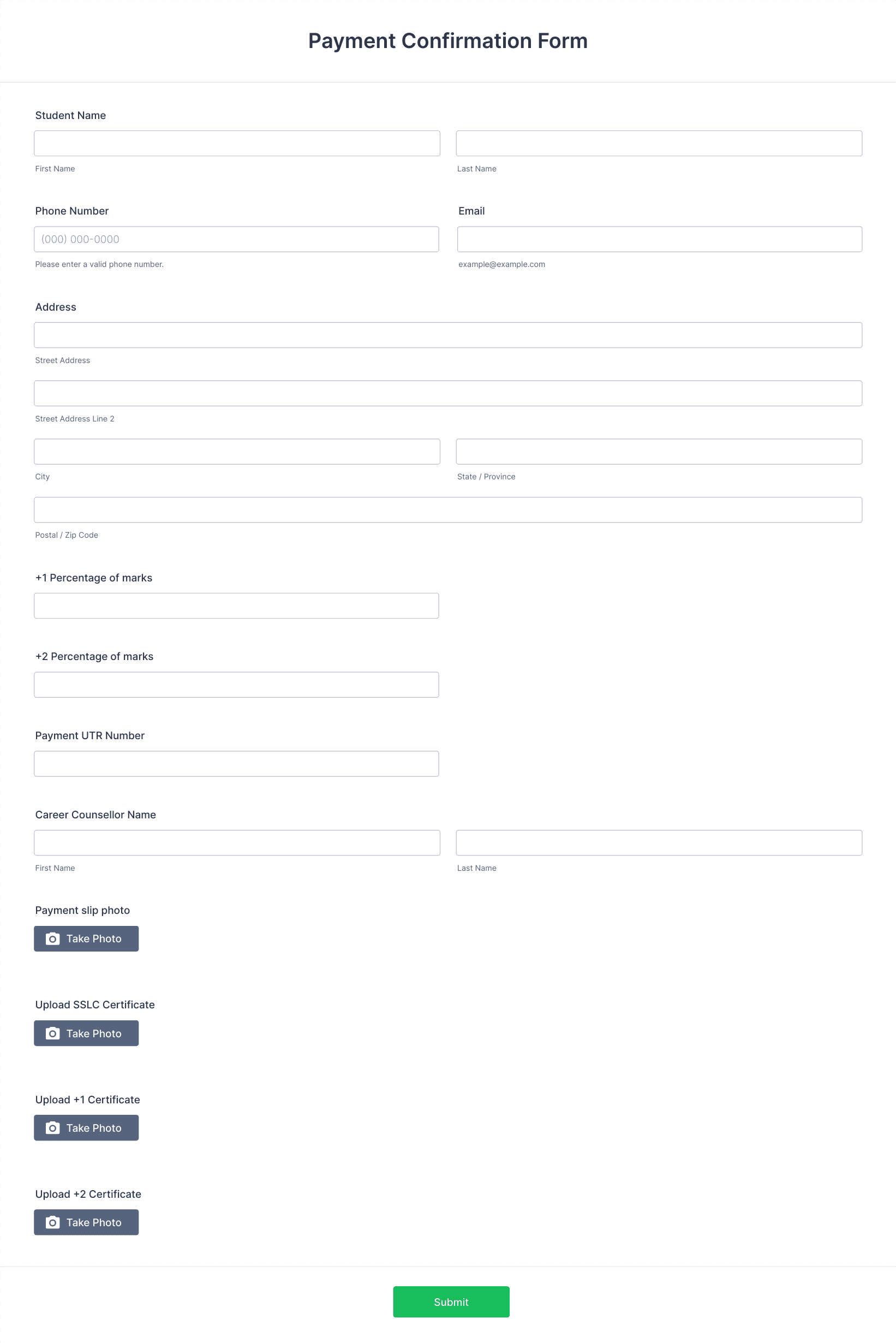
Conclusion
Payment confirmation is an essential aspect of online banking and financial transactions. By understanding the different methods, platforms, and technologies involved, users can navigate the digital payment landscape with confidence. Always ensure you save your confirmations, verify the legitimacy of the communication, and take advantage of the tips provided to enhance your transaction experience.